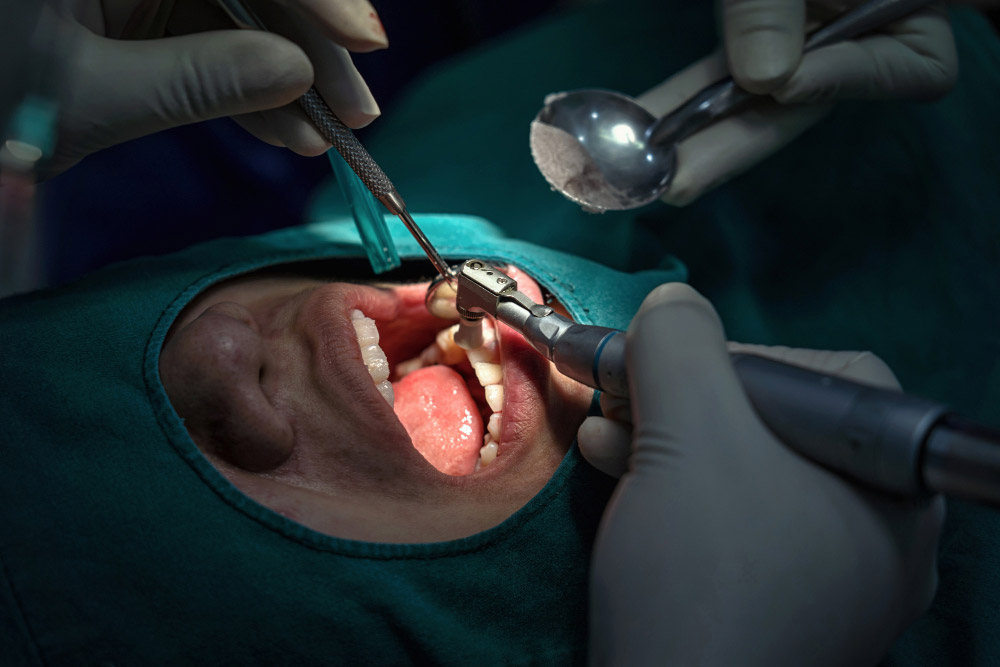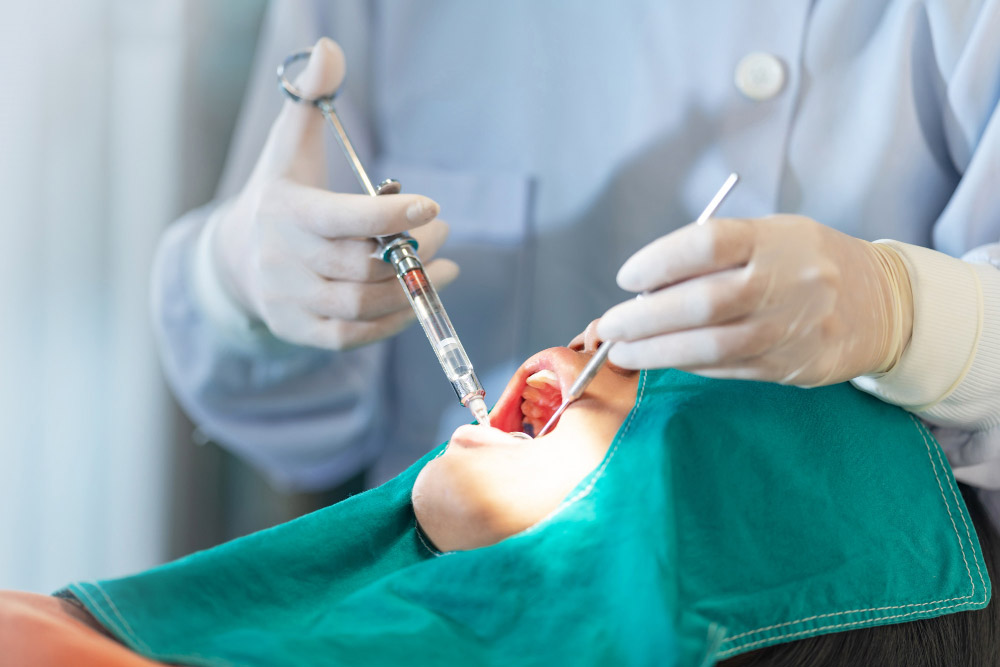Minor Oral Surgery
Precise Solutions for Enhanced Oral Health
Expert Care for Common Oral Surgical Procedures
At Care For Smiles, we recognise that certain oral conditions may require minor oral surgery to address effectively. Our skilled team, led by Dr. Rishay Naidoo, is experienced in performing a range of minor oral surgical procedures with precision and a focus on your comfort.
When Is Minor Oral Surgery Necessary?
- Tooth Extractions: Removal of a tooth due to severe decay, damage, or overcrowding. This includes wisdom teeth extractions.
- Biopsy Procedures: Extraction of a small tissue sample for examination, often to diagnose oral lesions or abnormal growths.
- Pre-Prosthetic Surgery: Procedures to prepare the mouth for the placement of dentures, bridges, or other dental prosthetics.
- Apicoectomy: Surgical removal of the tip of a tooth’s root to treat persistent infections or issues following a root canal.
- Frenectomy: Removal or adjustment of the small fold of tissue (frenulum) that connects the lips, tongue, or cheeks to the underlying structures.

How Minor Oral Surgery Works
- Consultation and Diagnosis: Dr. Rishay Naidoo will conduct a thorough examination, discuss your oral health concerns, and determine if minor oral surgery is the appropriate solution.
- Treatment Planning: A personalised treatment plan will be created, outlining the procedure, potential risks, and expected outcomes.
- Anaesthesia: The area around the surgical site will be numbed with local anaesthesia to ensure your comfort throughout the procedure.
- Surgery: Dr. Rishay will perform the minor oral surgery with precision, utilising advanced techniques to minimise discomfort and enhance efficiency.
- Post-Operative Care: Detailed aftercare instructions will be provided to support a smooth recovery. Follow-up appointments may be scheduled as needed.
Common Questions About Minor Oral Surgery
With the use of local anaesthesia, patients typically experience minimal discomfort during the procedure. Post-surgery, any mild discomfort can usually be managed with over-the-counter pain relievers.
Recovery times vary based on the specific procedure. Dr. Rishay will provide personalised aftercare instructions and information on expected recovery times.
While minor oral surgery is generally safe, Dr. Rishay will discuss potential risks and complications during the consultation, ensuring you are well-informed.
Signs You May Need Minor Oral Surgery

Persistent Tooth Pain
Severe or persistent tooth pain that cannot be alleviated with other treatments.

Abnormal Growths
Unexplained lumps, lesions, or abnormal growths in the oral cavity.

Denture Preparation
Planning for the placement of dentures or other dental prosthetics.

Infections or Abscesses
Surgical intervention to address persistent infections or abscesses.

Benefits of Minor Oral Surgery
- Improved Oral Health: Addresses specific oral conditions to enhance overall oral health.
- Pain Relief: Alleviates pain and discomfort associated with certain dental issues.
- Enhanced Functionality: Restores normal oral function and supports subsequent dental treatments.
Ready to explore how minor oral surgery can address your specific oral health needs?